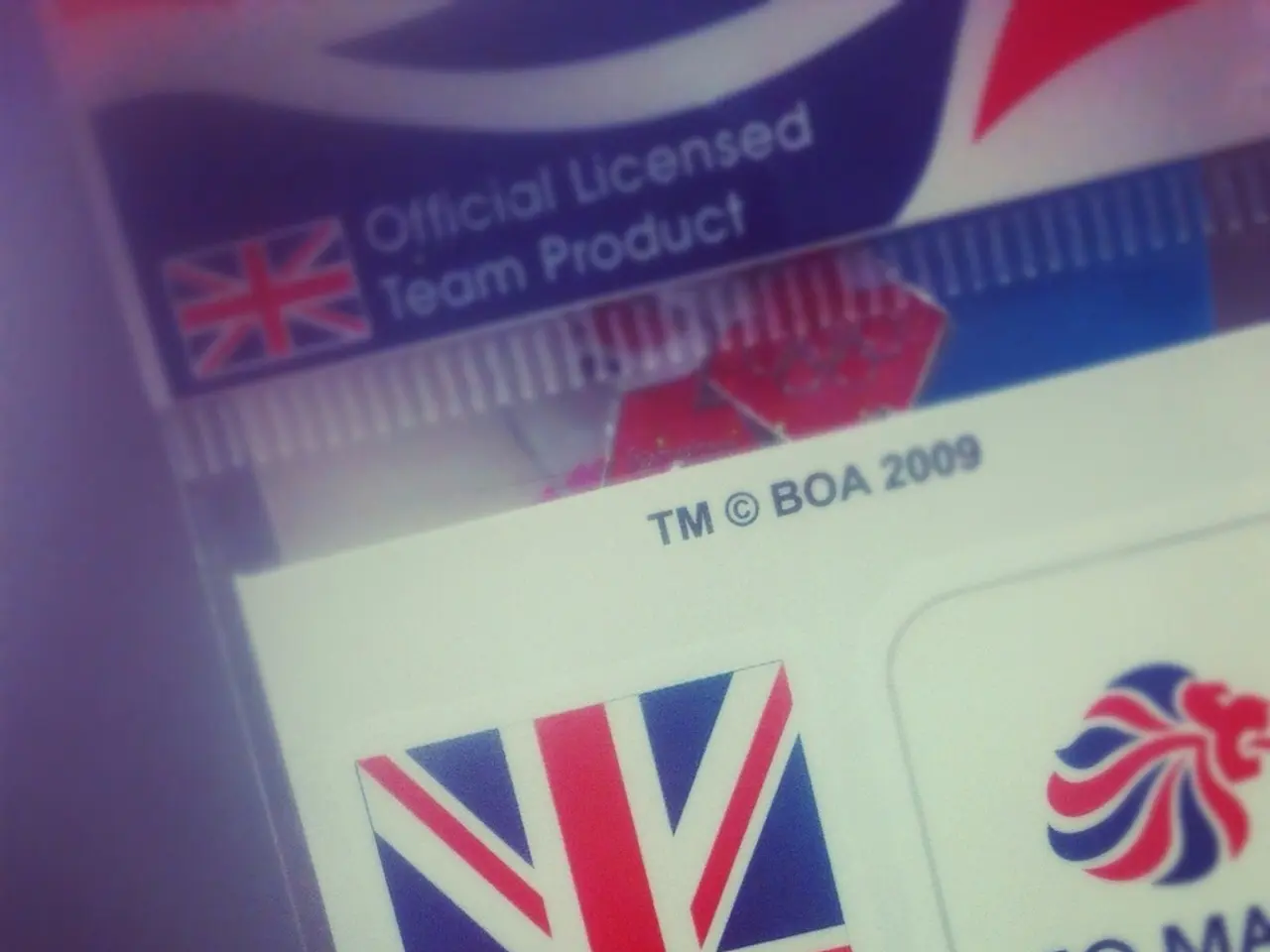Financial institutions in Kenya experience setbacks in their growth agenda due to prolonged licensing processes.
In the rapidly evolving world of financial technology (fintech), Kenya has been making strides towards modernising its regulatory landscape. The Central Bank of Kenya (CBK) has promised legal reforms to accelerate fintech licensing, with the aim of simplifying cross-border services and potentially leading to lower costs, improved products, and more options for consumers.
One such regulatory mechanism being considered is license passporting. This mechanism allows fintech firms to operate in multiple countries within a region without needing separate licenses for each one. The driver's license analogy is often used to explain this concept, where a license issued in one country allows operation in other countries without additional licenses.
However, the CBK currently lacks the capacity to conduct thorough due diligence before issuing licenses to fintech companies in Kenya. This has been a significant obstacle for fintech companies aiming to establish themselves in the East African market, with the slow licensing process presenting a notable challenge.
Rachael Balsham, Managing Director for East and Southern Africa at Onafriq, a company that facilitates money transfers across 40 African countries, suggested that license passporting could be a potential solution for established fintech companies. Onafriq, while not licensed in Kenya, links Safaricom's M-PESA with other licensed parties in Kenya.
African countries that have considered expanding fintech company licenses to incorporate the principle of license passporting include Mauritius. Mauritius is actively engaging in financial regulatory updates as of 2025, although specific details on passporting are limited in the provided sources. No African country has yet adopted this regulatory mechanism for fintech firms.
CBK Governor Kamau Thugge is in the process of updating and amending the Payments Act to create a new act and accompanying regulations. This move is expected to streamline the licensing process and potentially pave the way for the adoption of license passporting in Kenya.
While no direct response was received from the CBK regarding the capacity to conduct due diligence before issuing licenses, an unnamed banking lawyer suggested that license passporting could be a potential solution for established fintech companies.
If implemented, license passporting could revolutionise the fintech landscape in Kenya and across Africa, making it easier for fintech companies to expand their services across borders. This could lead to increased competition, improved services, and ultimately, better outcomes for consumers.
Read also:
- Understanding Hemorrhagic Gastroenteritis: Key Facts
- Stopping Osteoporosis Treatment: Timeline Considerations
- Trump's Policies: Tariffs, AI, Surveillance, and Possible Martial Law
- Expanded Community Health Involvement by CK Birla Hospitals, Jaipur, Maintained Through Consistent Outreach Programs Across Rajasthan







